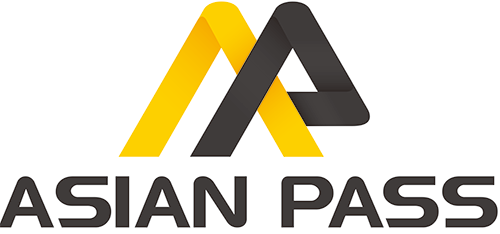In the context of a rapidly developing and complex economy, compliance with regulations on invoices and documents is a prerequisite to ensure transparency and honesty in business activities. However, many businesses and individuals still deliberately violate by using illegal invoices and documents to evade tax obligations or commit financial fraud. Regulations on administrative sanctions for violations, what penalties can these acts be subject to, follow the article below.

1. Need to know about the principles of administrative sanctions for violations of using illegal invoices and documents
Administrative sanctions for violations of using illegal invoices and documents are applied according to the principles of administrative sanctions for violations of tax and invoice regulations. Note:
– Organizations and individuals who commit multiple administrative violations will be sanctioned for each violation, except in cases where the law provides for exceptions for each specific case.
– For the same administrative violation of using illegal invoices and documents, the fine for an organization is twice the fine for an individual, except in cases where specifically prescribed.
2. Using illegal invoices and documents will be subject to administrative sanctions depending on the violation and the level of violation
a. For the act of using illegal invoices
A fine of VND 20,000,000 to VND 50,000,000 for individuals, VND 40,000,000 to VND 100,000,000 for organizations if they use illegal invoices and documents as follows:
– Fake invoices and documents;
– Invoices and documents that are not yet valid or have expired;
– Invoices that have been suspended during the period of being forced to stop using invoices, except in cases where they are permitted to be used according to the notice of the tax authority;
– Electronic invoices that are not registered for use with the tax authority;
– Electronic invoices that do not have a tax authority code in the case of using electronic invoices with a tax authority code;
– Invoices for purchase of goods and services with the date on the invoice from the date the tax authority determines that the seller is not operating at the business address registered with the competent state agency;
– Invoices and documents for purchase of goods and services with the date on the invoice or document before the date determining that the party issuing the invoice or document is not operating at the business address registered with the competent state agency or there has not been a notice from the tax authority that the party issuing the invoice or document is not operating at the business address registered with the competent state agency but the tax authority or the police agency or other competent agencies have concluded that the invoice or document is illegal.
The above violations may be subject to remedial measures such as forcing the cancellation of used invoices.
b. For acts of false declaration leading to a shortage of tax payable or an increase in the amount of tax exempted, reduced or refunded
The following acts of using illegal invoices are identified as belonging to the group of acts of false declaration leading to a shortage of tax payable or an increase in the amount of tax exempted, reduced or refunded: using illegal invoices and documents to account for the value of purchased goods and services, reducing the amount of tax payable or increasing the amount of tax refundable, exempted or reduced, but when the tax authority inspects and checks, the buyer proves that the violation of using illegal invoices and documents belongs to the seller and the buyer has fully accounted for them according to regulations.
In this case, the violation is subject to a fine equivalent to 20% of the amount of tax underdeclared or the amount of tax exempted, reduced or refunded higher than the regulations. Note that the fine mentioned in item i above will not be applied.
Remedial measures:
– Forced to pay the full amount of tax arrears, the amount of tax refunded, exempted, reduced higher than prescribed and late payment of tax to the state budget;
– Forced to adjust the amount of loss, the amount of input value added tax deducted to the next period (if any).
Using illegal invoices and documents to evade tax obligations or committing acts of financial fraud may be subject to administrative sanctions or criminal prosecution. (Photo: Internet)
c. For tax evasion
Using illegal invoices to reduce the amount of tax payable or increase the amount of tax refunded, exempted, reduced is determined to be an act of tax evasion.
Depending on the severity of the violation, the fine may be applied equivalent to 1 to 3 times the amount of tax evaded by the taxpayer. Note that the fine mentioned in section i above will not be applied.
Remedial measures:
– Forced to pay the full amount of tax evaded to the state budget;
– Forced to adjust the loss amount, the deductible input VAT amount on the tax records (if any).
3. Using illegal invoices and documents may be subject to criminal prosecution
Subjects who use illegal invoices and documents for the purpose of tax evasion may be subject to criminal liability according to the provisions of Article 4, Article 28 of Decree No. 125/2020/ND-CP dated October 19, 2020 with a fine of
Comments




 VI
VI